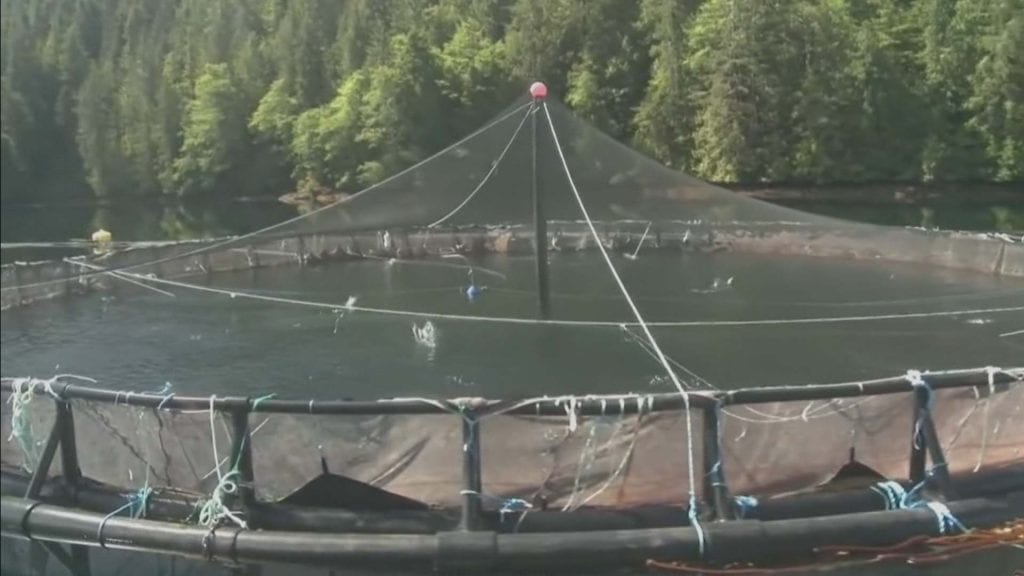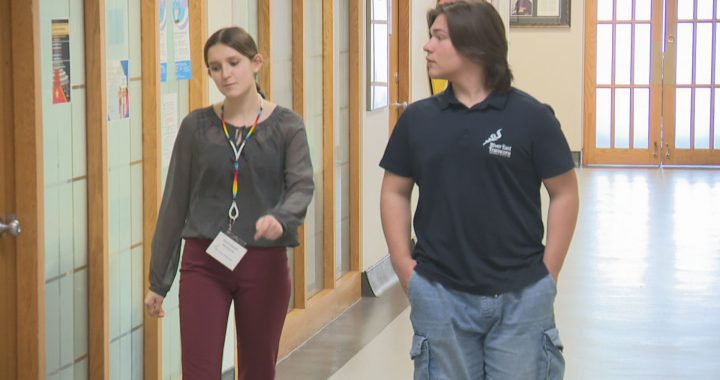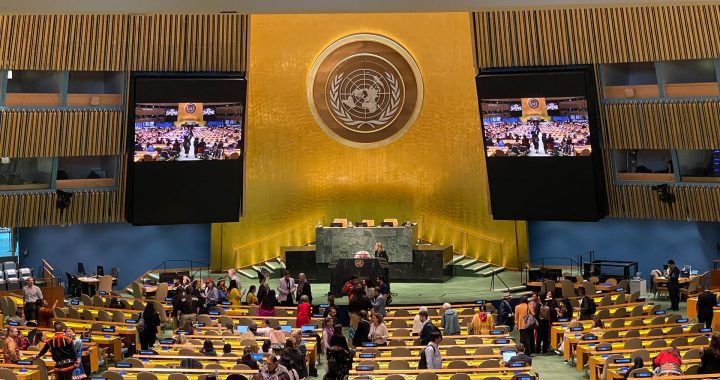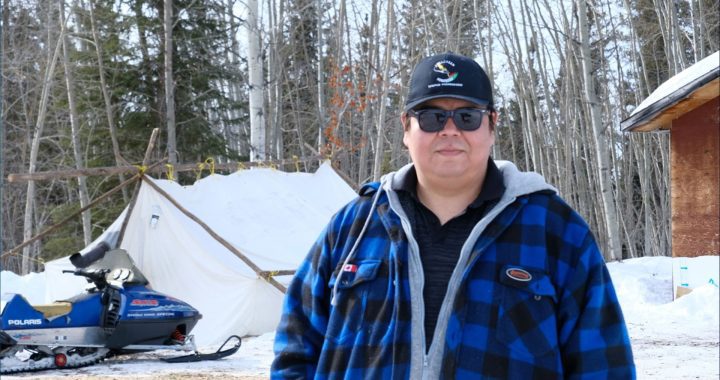
Fish farms on the coast are being blamed for the decline in Fraser River salmon. Submitted photo.
The Department of Fisheries and Oceans (DFO) said Monday that nine pathogens from farmed salmon in British Columbia’s Discovery Islands pose a minimal risk to wild salmon, based on its scientific assessments.
In a teleconference with media, officials said the department will now consult with Holmalco, Klahoose, Komoks, Kwiakah, Tla’amin, We Wai Kai (Cape Mudge) and Wei Wai Kum (Campbell River) first nations on the islands, which are near Campbell River, before deciding whether to renew the licences of area fish farms before they expire in December.
“DFO officials will be speaking with the seven FN regarding their views about the farms in the Discovery Islands to inform the decision about relicensing them in December 2020,” said DFO spokesperson Louise Girouard in an email to APTN News.
“This will include providing information on the risk assessments, sea lice information from our fish health audit and monitoring program in the Discovery Islands area, and hearing from them and understanding any site specific concerns that they may have regarding these farms.”
DFO was getting ahead of Wednesday’s looming deadline for recommendation No. 19 from the Cohen Commission, a federal inquiry into the crash of the Sockeye salmon stocks in British Columbia. That recommendation directed the federal department to shut down the Atlantic salmon fish farms located around the Discovery Islands, “unless he or she is satisfied that such farms pose at most a minimal risk of serious harm to the health of migrating Fraser River sockeye salmon.”
According to DFO officials on the teleconference call Monday, fish farms affect less than one per cent of the wild salmon stocks.
DFO studied nine pathogens; Piscine Orthoreovirus (PRV), Infectious Hematopoietic Necrosis Virus (IHNV), Tenacibaculum maritimum, Moritella viscosa , Yersinia ruckeri, Aeromonas salmonicida, Renibacterium salmoninarum, Piscirickettsia salmonis and Viral Hemorrhagic Septicemia Virus (VHSV).
Sea lice, a parasite that has for years been a concern of people watching the wild salmon stock, was not assessed.
“Non-government scientists report sea lice from salmon farms are reducing the survival of young Fraser sockeye,” said Alexandra Morton, who has been advocating for the removal of fish farms in the area.
“Trudeau’s government is protecting MOWI, Cermag and Grieg (fish farm companies) as the wild salmon runs of Fraser River are going extinct.”
According to B.C. Salmon Farmers Association, fish farms employ 7,000 people in the province and pump $1.5 billion into the economy.
Sockeye salmon are listed mostly as a “stock of concern” by the federal government and is in decline.
Meetings with the First Nations, which have raised concerns about three salmon farms, are expected to begin in October.
Jay Parsons, the department’s director of aquaculture, says the risk of the viruses transferring from farmed to wild stocks in the Fraser River is less than one per cent.
The federal government is conducting a series of assessments based on a recommendation stemming from an inquiry into dwindling salmon stocks in the Fraser River.
The Fisheries Department said in December 2017 that a virus called 1HNV also posed a minimal risk to wild salmon and that it is present in the Pacific Ocean environment.
On Sept. 23, First Nation leaders, fishers and non-governmental organizations called on the federal government to remove fish farms from the Discovery Islands, located about 265 km by car up the B.C. coast from Vancouver.
They say the Fraser River salmon fishery has collapsed and the fish farms are partly to blame.
“We have yet another dismal return of salmon back to the Fraser River,” said Bob Chamberlin, former vice president of the Union of British Columbia Indian chiefs. “This has been going far too long and when you measure DFO’s actions in terms of looking after wild salmon they are failing.”
A meeting is planned Monday afternoon to discuss the decision by DFO to not close the fish farms.









